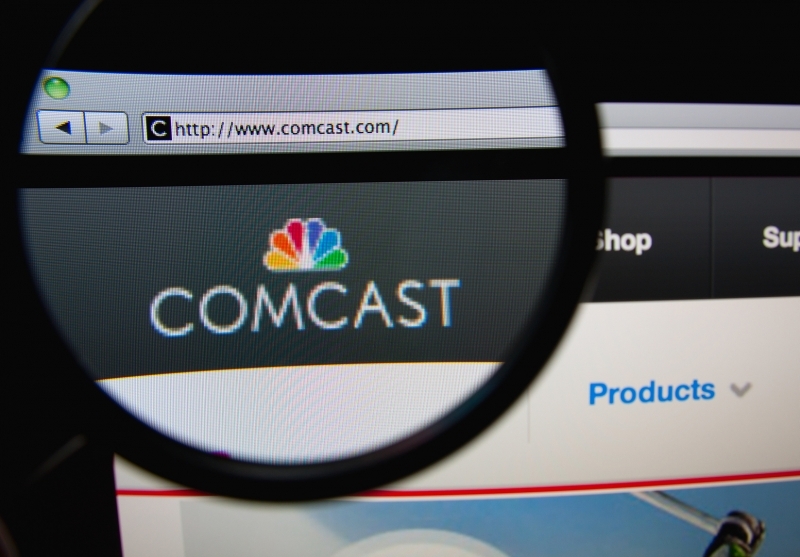
Comcast’s NBCUniversal has announced the completion of a deal that will see the company invest $200 million BuzzFeed and a further $200 million in Vox Media, owner of sites such as The Verge, Polygon, Vox.com, Eater and re/code.
“Vox Media has a great portfolio of premium digital brands that deeply engage broad audiences,” NBCUniversal CEO Steve Burke said in the funding release. “Vox Media has strong leadership, top editorial talent and a unique technology platform. We are excited to be making this investment and building a collaborative partnership involving editorial content, advertising and technology.”
The investment is expected to result in Vox Media’s valuation rising to around $1 billion dollars while BuzzFeed will be worth close to $1.5 billion. Vox Media CEO Jim Bankoff said that in addition to the NBCUniversal investment, the two companies now have a commercial partnership and will work together on video programming, brand advertising, cross-promotional content, and launching new franchises.
It’s unclear whether BuzzFeed will also collaborate commercially with NBCUnivsal or if the companies’ connection will be limited to the media giant's investment. Recent reports from Gawker shows the social news and entertainment site's revenue tripled from 2012 to 2013, and reached $46 million in the first half of last year. People familiar with BuzzFeed said it had a revenue goal of $250 million in 2015.
NBCUniversal will likely see the investment as another means to engage with the all-important younger demographic; according to the Wall Street Journal, 41 percent of Vox Media’s 54.1 million unique users are aged between 18 and 34, while 54 percent of BuzzFeed’s 79.6 million visitors fall into the same age bracket.
The deal sees Comcast joining its rival Verizon, who recently acquired AOL for $4.4 billion, in making moves towards embracing the digital age of media. Television viewing figures, especially amongst younger audiences, have declined over the last decade as an increasing number of people look online for their entertainment and news.
https://www.techspot.com/news/61747-comcast-nbcuniversal-invests-400m-buzzfeed-vox-media.html